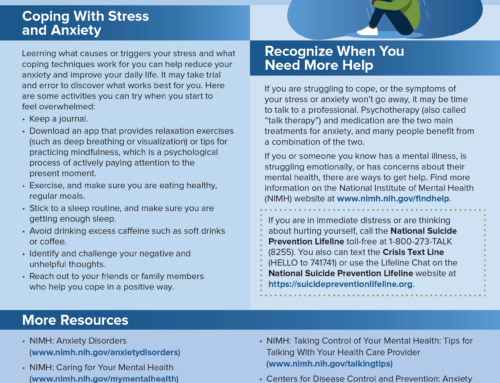Nutrition and Obesity Resources for Men
Your nutrition and diet directly effects your health. Learn how to eat right and manage your weight with the resources below.
Melissa Crane, PhD, a postdoctoral fellow at the University of Minnesota, presented results of a novel program she researched while at the University of North Carolina Chapel Hill, testing the efficacy of an internet-delivered weight loss program designed to appeal to men at the ObesityWeek 2015 meeting in Los Angeles, CA. November 2-6, in Los Angeles.
The prevalence of obesity among American men has doubled in only 25 years, and it’s killing us. A 2004 survey published in the Journal of the American Medical Association found that 71% of men 20 years old and over were overweight and 31% were obese. The same survey conducted in the late 1970s had found 47% of men were overweight and 15% were obese.
If your health care provider (HCP) told you that your weight or BMI falls in the “overweight” or “obese” range you may be experiencing a variety of emotions. It is important to keep in mind that while overweight or obesity has been associated with some health concerns, the risk of any health problems decreases as a person makes lifestyle changes to become healthier. Even if your weight doesn’t change, behavioral changes will make you healthier! It’s also important to remember that having a positive body image is more important than any number on a scale. Focus on the parts of “you” that you love and that make you special.
For many young men, nutrition isn’t always a focus. There are many transitions going on at this point in life. Busy schedules and new environments can lead to unhealthful eating habits such as skipping meals or snacks, eating nothing but fast food, overeating, and drinking excessive amounts of sugar-sweetened beverages or alcohol. Along with inconsistent eating patterns, young men may experience fluctuations in weight and a lack of energy.
Nutrition needs differ with gender and age. A healthy diet for a man is different from a healthy diet for a woman. And what a middle-aged male needs from his food for good health and growth differs from what a male baby, child, teenager or older person needs.




